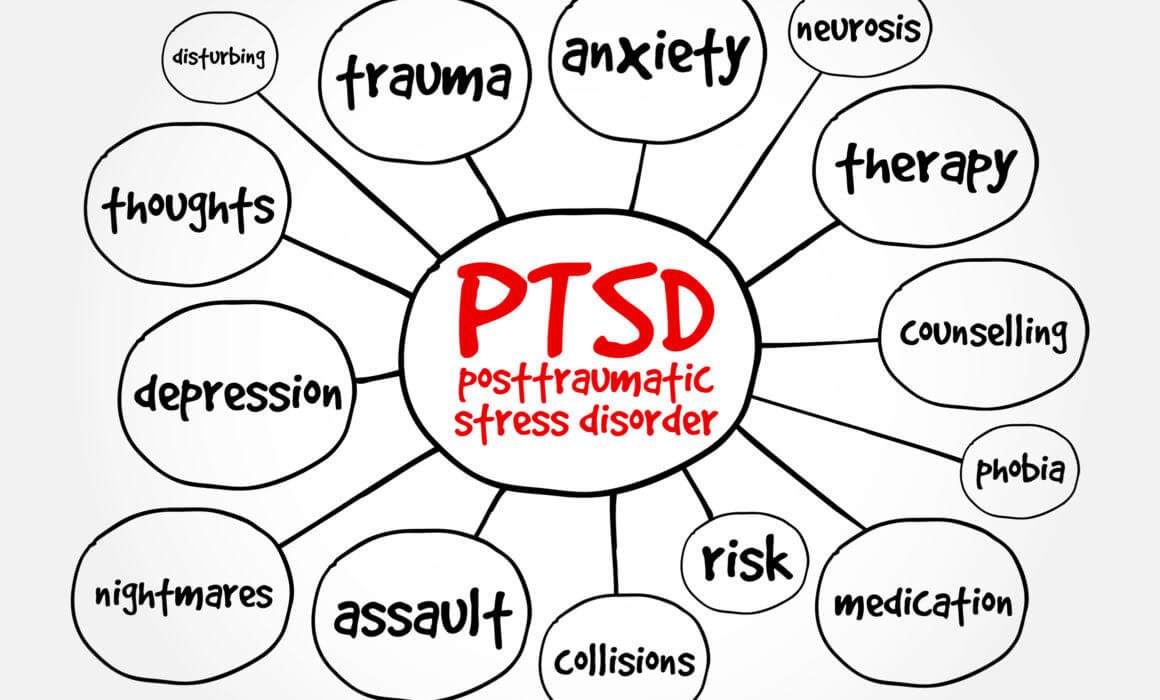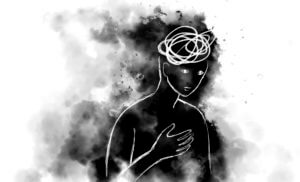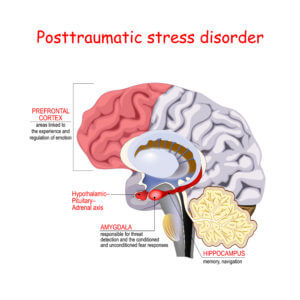
October 25, 2024
Experiencing or witnessing a traumatic event can have a profound impact on your mental and emotional health. Experiencing or witnessing a serious accident, natural disaster, crime, abuse, a serious injury, or suffered from the COVID-19 pandemic, you may experience PTSD (Post Traumatic Stress Disorder). Now, if you’re looking for alternative treatments, we’re sharing more about hypnotherapy for PTSD.
WHAT IS PTSD?
Post-Traumatic Stress Disorder (PSTD) is a mental health problem triggered by a traumatic event. Those who have this may experience nightmares, severe anxiety, and vivid flashbacks. You’d probably avoid situations that may remind you of the stressful event. And you likely feel like you do not have any control over what is happening to you which could make you fearful.
Moreover, you may feel like you’re always on the edge, which makes you hyper-alert. This makes important life functions, like going to sleep and focusing on things very difficult. That, with the added burden of having little things irritate and/or frighten you, can make your days unbearable.

But how does PTSD happen?
PTSD may be set off by direct, as well as indirect exposure. This means that you can experience it, even if you don’t witness the event firsthand. For instance, hearing the details about the suffering or death of a loved one may bring about symptoms.
While it’s not yet clear how PTSD happens, experts have some theories.
First, the symptoms may be part of our survival instinct. We become alert in the face of danger so someone with PTSD, who has experienced it, feels like something bad is going to happen.
Second, high adrenaline levels contribute to the heightened alert. Researchers have discovered that people with PTSD continue to have increased levels of those stress hormones, especially cortisol and norepinephrine, even when they’re not in danger.
Third, PTSD can cause significant changes in the brain both in function and structure. Resonance imaging showed that those who are suffering from PTSD have a smaller hippocampus, increased amygdala activity, and prefrontal cingulate function.
The hippocampus has a huge role in memory and emotional response. This is most likely the reason why people who have PTSD have trouble recalling certain details about the traumatic event while some are so graphic.

TYPES OF POST-TRAUMATIC STRESS DISORDER
In general, there are 2 common types of PTSD. Uncomplicated PSTD is associated with a single event while complex PTSD is related to a traumatic event happening for a long time or a series of distressing events.
Some examples of people who may struggle with PTSD are those who have:
- suffered from domestic abuse
- experienced neglect early in life
- someone who experienced severe COVID-19 impacts
- having lived in a war-stricken area
- becoming a prisoner of war
HYPNOTHERAPY FOR PTSD
You may be thinking of getting hypnotherapy as a treatment option for PTSD.
Through hypnotherapy, you’d be able to learn effective stress reduction techniques, pinpoint triggers so you have more control, and identify things that may contribute to your symptoms.
While you’re in trance, your hypnotherapist can help you safely uncover those memories and feelings. And you could work together to process them.
But, does hypnotherapy for PTSD even work?
Well, we’ve come up with several studies about its effectiveness. A 2016 meta-analysis of past studies showed that hypnotherapy does alleviate PTSD symptoms.
More recently, a 2019 study on sexually abused women remarked that the symptoms were reduced after hypnotherapy.
Aside from PTSD, researchers have also noted that hypnosis can also work in people with complex PTSD.
Research has also been done on children. In 2011, children aged 6-12 with PTSD who experienced the 2002 Bali terrorist attack received hypnosis. After two years, the treatment group reported a 77% improvement rate.
Besides PTSD, studies have shown that hypnotherapy is effective for anxiety, pain, OCD, IBS, phobias, and insomnia.
But of course, you need to consult a certified hypnotherapist. Always check their credentials and experience before scheduling a consultation.
Carla Chalah, of Hemisphere Hypnotherapy in Sudbury, Massachusetts specializes in anxiety and weight loss. She has extensive experience working with PTSD and came to practice hypnosis and integrative life coaching, as a result of it “saving her life” after a very traumatic event as a teen which caused significant symptoms of PTSD which were unresolved by talk therapy.


